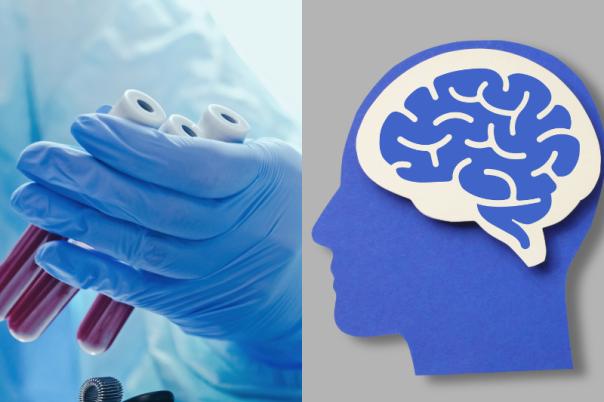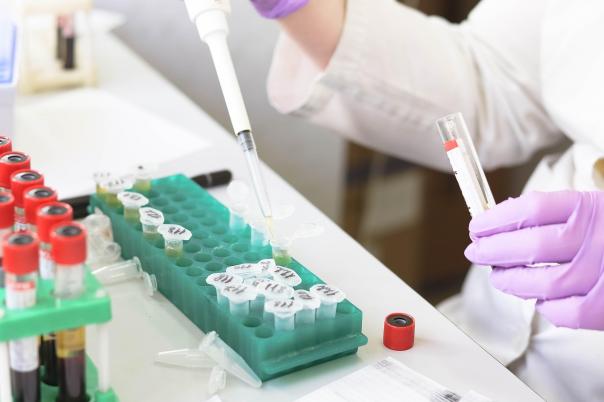AstraZeneca and Aptar Digital Health, a pioneer in digital health solutions, have entered into a licensing agreement to develop and commercialise algorithms for the early detection of renal and metabolic conditions such as chronic kidney disease.
Chronic kidney disease (CKD) impacts between 8% and 16% of the global population and usually evades detection by healthcare providers. Usually, CKD is associated with diabetes and hypertension, yet other factors such as glomerulonephritis, infections, and environmental exposures are also common causes. Other research indicates that genetic predisposition may also play a role in the development of CKD.
Given that CKD is affiliated with multiple adverse health outcomes, including end-stage kidney disease and cardiovascular disease, early detection and intervention by healthcare workers is vital.
With thousands of biomarkers and diagnosis data points at AstraZeneca’s disposal, the pharma giant has used these to develop screening. So far, the algorithms have shown initial promise in broader screening and early detection of CKD. Aptar Digital Health aims to use the algorithms to speed up the detection of CKD during eye examinations.
Gael Touya, President of Aptar Pharma, stated: “We are delighted to collaborate with AstraZeneca to progress the development and deployment of an innovative and non-intrusive method to help with earlier identification of CKD.”
He continued: “This collaboration enables Aptar Digital Health to broaden its scope in the field of biomarkers and digital diagnostics, opening up new opportunities to harness digital health technology to detect diseases earlier and accelerate identification of individuals in need of care.”
Not only does this partnership mark an exciting opportunity to drive innovation in chronic kidney disease management but also delivers sustainable solutions at scale to millions of people living with CKD. This partnership will spotlight Aptar Digital Health’s capabilities in building and developing scalable digital health solutions by capitalising on AI and data science to support the healthcare community.








